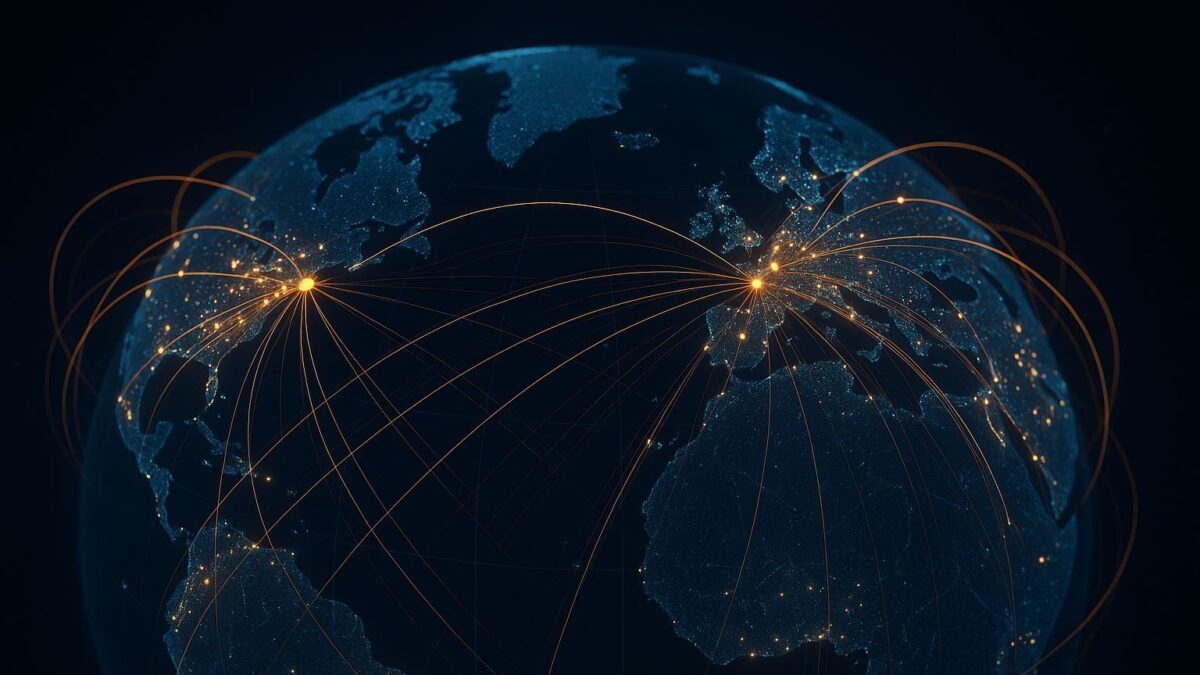In today’s interconnected business landscape, global recruitment intelligence has emerged as the cornerstone of successful talent acquisition strategies. Organizations worldwide are recognizing that leveraging comprehensive global recruitment intelligence enables them to identify, attract, and retain top talent across diverse markets. This strategic approach transforms traditional hiring practices into data-driven, efficient processes that deliver measurable results.
The evolution of global recruitment intelligence reflects the changing nature of work itself. With remote opportunities expanding and international collaborations becoming commonplace, companies must adapt their recruitment strategies to compete for talent on a global scale.
Understanding Global Recruitment Intelligence
Global recruitment intelligence encompasses the systematic collection, analysis, and application of data-driven insights to optimize international hiring processes. This intelligence includes market trends, salary benchmarks, skill availability, regulatory requirements, and cultural considerations across different regions.
Effective global recruitment intelligence platforms integrate multiple data sources to provide comprehensive insights into talent markets worldwide. These platforms analyze job posting trends, candidate behavior patterns, industry-specific demands, and competitive intelligence to inform strategic recruitment decisions.
Organizations that implement robust global recruitment systems gain significant advantages in identifying emerging talent pools, understanding market dynamics, and predicting future hiring challenges. This proactive approach enables companies to adjust their strategies before competitors recognize market shifts.
Data-Driven Talent Acquisition
Modern global recruitment intelligence relies heavily on advanced analytics and artificial intelligence to process vast amounts of recruitment data. These technologies identify patterns that human recruiters might overlook, revealing insights about candidate preferences, successful hiring channels, and optimal timing for recruitment campaigns.
Machine learning algorithms within global recruitment intelligence platforms continuously improve their predictive capabilities by analyzing historical hiring data, candidate outcomes, and market trends. This continuous learning ensures that recruitment strategies remain relevant and effective in rapidly changing business environments.
The integration of global recruitment with existing HR systems creates seamless workflows that enhance recruiter productivity and candidate experience. Automated matching algorithms connect qualified candidates with suitable opportunities while reducing manual screening time.
Market Analysis and Competitive Intelligence
Global recruitment intelligence provides critical insights into regional talent markets, helping organizations understand supply and demand dynamics across different locations. This intelligence reveals which skills are scarce in specific markets, enabling companies to adjust their recruitment strategies and compensation packages accordingly.
Competitive analysis through global recruitment intelligence platforms helps organizations benchmark their hiring practices against industry leaders. This comparison identifies areas for improvement and reveals successful strategies that can be adapted to different markets.
Understanding local employment regulations, cultural nuances, and market expectations is essential for successful international recruitment. Global recruitment intelligence systems provide this contextual information, ensuring compliance and cultural sensitivity in hiring processes.
Technology Integration and Automation
Advanced global recruitment intelligence platforms leverage artificial intelligence, machine learning, and predictive analytics to automate routine tasks and enhance decision-making capabilities. These technologies streamline candidate sourcing, initial screening, and interview scheduling processes.
Natural language processing within global recruitment intelligence systems analyzes candidate communications, social media profiles, and professional networks to identify potential matches. This technology extends recruitment reach beyond traditional channels, uncovering passive candidates who might be ideal fits for specific roles.
Integration capabilities allow global recruitment intelligence platforms to connect with existing HRIS systems, job boards, and social media platforms. This connectivity ensures comprehensive data collection and provides unified dashboards for recruitment teams.
Performance Metrics and ROI Measurement
Implementing global recruitment intelligence requires establishing clear performance metrics to measure success and return on investment. Key indicators include time-to-hire, cost-per-hire, candidate quality scores, and retention rates across different markets.
Advanced analytics within global recruitment intelligence systems track these metrics in real-time, providing dashboards that highlight trends and areas requiring attention. This visibility enables continuous optimization of recruitment strategies and resource allocation.
Predictive modeling capabilities of global recruitment intelligence platforms forecast future hiring needs based on business growth projections, market trends, and historical patterns. This foresight enables proactive talent pipeline development and strategic workforce planning.
Future Trends and Opportunities
The future of global recruitment intelligence includes enhanced personalization, improved candidate experience, and greater integration with business intelligence systems. Emerging technologies like blockchain for credential verification and virtual reality for remote interviews will further transform recruitment processes.
Organizations investing in comprehensive global recruitment infrastructure position themselves for long-term success in increasingly competitive talent markets. These investments deliver sustainable competitive advantages through improved hiring quality and reduced recruitment costs.
Conclusion
Global recruitment intelligence represents a fundamental shift from reactive to proactive talent acquisition strategies. Organizations that embrace this intelligence-driven approach gain significant advantages in identifying, attracting, and retaining top talent worldwide. By leveraging advanced analytics, market insights, and technology integration, companies can optimize their recruitment processes and achieve superior hiring outcomes.
The implementation of robust global recruitment systems requires strategic planning, technology investment, and cultural adaptation. However, the benefits of improved hiring quality, reduced costs, and enhanced competitive positioning make this investment essential for organizations seeking sustainable growth in global markets.



